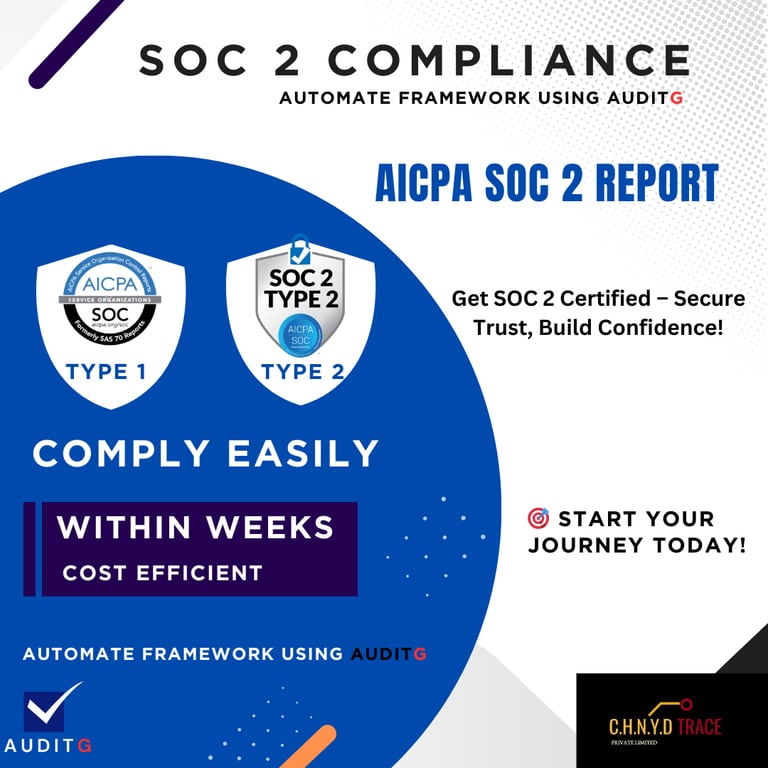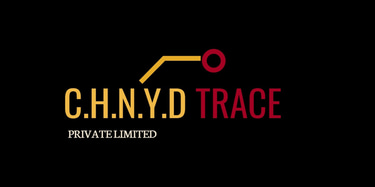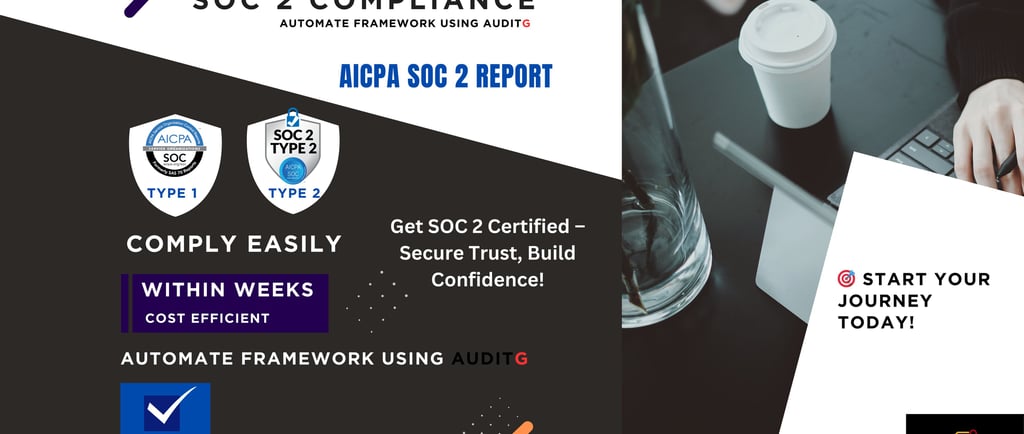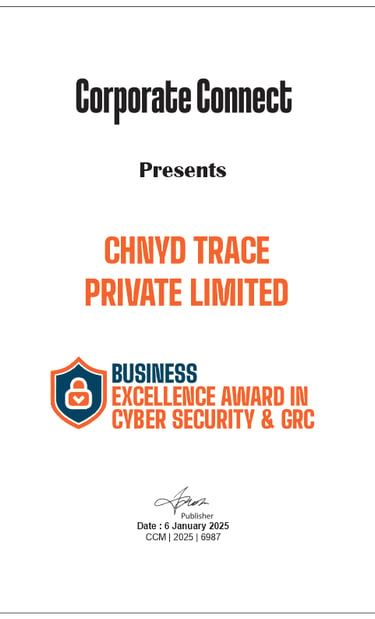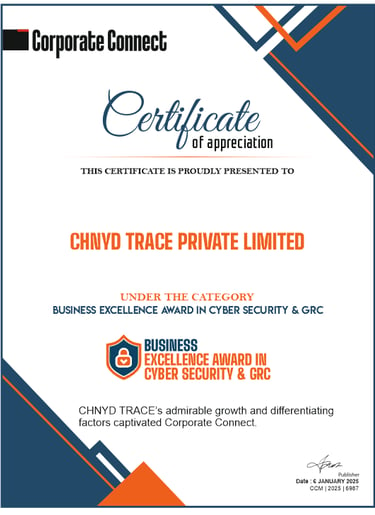soc 2 certification in india
SOC 2 Certification in India: A Complete Guide for Compliance Success
11/30/20245 min read
Understanding SOC 2 Certification
SOC 2 certification is a framework developed by the American Institute of Certified Public Accountants (AICPA) that provides guidance on managing customer data based on five trust service criteria. This certification is particularly significant for organizations that handle sensitive customer information, as it assures clients that their data is managed securely and responsibly. The five trust service criteria outlined in the SOC 2 framework include Security, Availability, Processing Integrity, Confidentiality, and Privacy. Each of these criteria addresses different aspects of information risk management, forming a comprehensive approach to compliance.
Security refers to the protection of information and systems against unauthorized access and breaches. Availability ensures that systems are accessible as needed, affecting customer confidence in service delivery. Processing Integrity guarantees that system processing is complete, valid, accurate, and timely. Confidentiality focuses on safeguarding sensitive information from unauthorized disclosure, while Privacy relates to the handling of personal information in accordance with privacy policies and regulations.
In the context of India, SOC 2 certification has gained traction among service-oriented companies, especially within the information technology and business process outsourcing sectors. With India's rapidly expanding digital landscape, the need for robust data handling practices has become paramount. Organizations are increasingly seeking SOC 2 compliance to demonstrate their commitment to data protection and to cultivate trust with clients, both domestically and internationally.
As Indian companies engage with global clients, SOC 2 certification becomes a vital component of their compliance strategy. It not only strengthens their security posture but also enhances their credibility in competitive markets. By obtaining SOC 2 certification, organizations in India can effectively showcase their dedication to maintaining high standards of data security and privacy, thereby fostering stronger business relationships and ensuring customer satisfaction.
The SOC 2 Certification Process in India
Obtaining SOC 2 certification in India is a structured process that ensures organizations meet stringent compliance requirements for security, availability, processing integrity, confidentiality, and privacy. The first step is to assess the current compliance levels of the organization. This involves conducting an internal review of existing policies, procedures, and controls to identify any gaps that may hinder the compliance process.
Once the assessment is complete, organizations must implement the necessary controls and processes to address identified gaps. This could involve enhancing security protocols, establishing data management processes, or training personnel on compliance requirements. The development of robust documentation is crucial at this stage, as it serves as the foundation for compliance verification during the audit. Documentation should include security policies, evidence of staff training, and details on incident response mechanisms, among other critical information.
Next, organizations need to select a certified auditor who is experienced in conducting SOC 2 audits. The auditor's expertise is paramount to ensure that the assessment is thorough and aligns with industry standards. Organizations should discuss the specifics of the SOC 2 certification, including what reporting framework will be followed, and clarify the auditor's expectations.
There are two main types of SOC 2 reports: Type I and Type II. Type I assesses the design of controls at a specific point in time, while Type II evaluates the operational effectiveness of those controls over a designated period. Understanding the differences is vital for organizations to choose the appropriate report type based on their compliance objectives.
As the audit date approaches, organizations should prepare comprehensively. This preparation includes refining documentation and ensuring that all controls are consistently monitored and functioning as intended. Continuous monitoring is an integral part of maintaining compliance and demonstrating a commitment to security and privacy practices. By following these steps diligently, organizations can navigate the SOC 2 certification process effectively, ensuring compliance success in India.
Benefits of Achieving SOC 2 Certification
Achieving SOC 2 certification offers a variety of benefits for organizations, particularly in the Indian market where data security and compliance are increasingly paramount. One of the primary advantages is the enhancement of trust with customers and stakeholders. By demonstrating adherence to stringent security and operational guidelines, organizations signal their commitment to safeguarding sensitive information. This is particularly vital in sectors such as technology and finance, where client data confidentiality is non-negotiable. For instance, a prominent Indian SaaS provider that achieved SOC 2 compliance reported a significant increase in client inquiries, attributing this to the enhanced credibility that the certification brings.
Another notable benefit is the improvement in operational efficiency. The process of obtaining SOC 2 certification necessitates a comprehensive evaluation of current practices, prompting organizations to streamline processes and reduce redundancies. By implementing well-documented procedures and controls, companies often find that they can operate more effectively and efficiently, ultimately leading to cost savings. A real-world example involves an Indian e-commerce company that integrated SOC 2 recommendations, which resulted in smoother transaction processes and improved customer satisfaction results.
Furthermore, achieving SOC 2 certification bolsters risk management capabilities. Organizations that undergo the SOC 2 audit process identify potential weaknesses in their systems, allowing for proactive measures to mitigate risks. This not only protects the organization but also reassures clients about the safety of their data. Finally, in a competitive marketplace, SOC 2 certification can serve as a distinct advantage. Businesses with this certification are often favored over non-compliant competitors, creating additional opportunities for growth. A case study of an Indian fintech company highlights how their certification opened doors to new partnerships and contracts, showcasing a clear correlation between compliance and business expansion.
Challenges and Best Practices for SOC 2 Compliance in India
Organizations in India face several challenges in their pursuit of SOC 2 certification. One significant hurdle is understanding the complex compliance requirements associated with SOC 2 framework. The intricacies of the trust service criteria—security, availability, processing integrity, confidentiality, and privacy—can be daunting, particularly for companies unfamiliar with the audit landscape. As such, a lack of clarity regarding what is required can lead to delays and complications in the certification process.
Another challenge is securing buy-in from senior management. Achieving SOC 2 compliance necessitates not just technical adjustments but also a shift in organizational culture. If leadership does not prioritize compliance, efforts can be undermined. Resource allocation is also critical; many organizations struggle to dedicate the necessary time, personnel, and budget for compliance activities, impacting their ability to adhere to standards effectively.
To overcome these challenges, organizations should adopt best practices that streamline the compliance process. Conducting thorough risk assessments is crucial in identifying potential gaps in compliance and addressing them proactively. Engaging with experienced auditors who have a deep understanding of SOC 2 requirements can help clarify expectations and provide valuable insights throughout the process. This collaboration ensures that the organization is aligned with best practices from the outset, reducing the risk of non-compliance.
Moreover, fostering a culture of compliance within the organization can significantly improve the chances of success. This culture should be built through ongoing training and awareness programs that emphasize the importance of compliance to every employee. Lastly, maintaining compliance post-certification is essential for sustaining trust and assurance for clients. Regular internal audits, continuous monitoring of compliance processes, and updates to policies and procedures will ensure that your organization adheres to the SOC 2 standards long after the initial certification is achieved.
Contact Us for SOC 2
Reach out for SOC 2 Type 2 certification inquiries and AICPA attestation details. We're here to assist you with your compliance needs.
